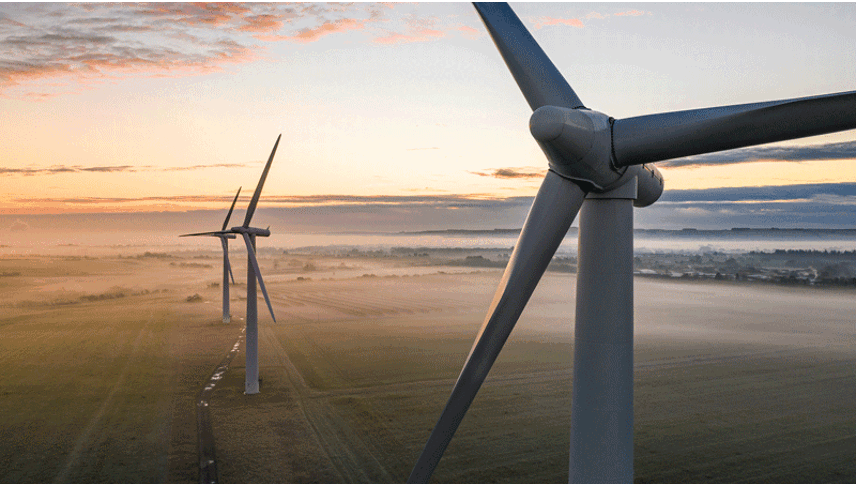Register for free and continue reading
Join our growing army of changemakers and get unlimited access to our premium content

After an effective ban under David Cameron, the construction of onshore wind farms in England is now permitted – but only in communities which support development, given that some communities are staunchly against having turbines nearby.
The Government is now hoping to convince more communities that hosting onshore wind helps contribute to the net-zero transition and to the delivery of a more efficient and lower-cost energy system. Onshore wind is one of the cheapest methods of electricity generation in the UK.
Ministers are consulting on potential updates to RenewableUK’s existing Community Benefits Protocol, paving the way for residents to benefit from localized energy bill discounts. This is likely to prove popular amid the energy price crisis.
If the update is passed, it will be up to developers to agree with communities on the range of rewards on offer on a case-by-case basis. Rewards other than lower bills are also on offer, including funding for public services such as schools and youth centres.
The Government’s Department for Energy Security and Net-Zero (DESNZ) is also consulting on moves to better enshrine best-practice principles for wind farm developers to engage with communities in law. This would require developers to be more transparent and receptive to concerns and criticism, and to provide effective digital communications platforms.
The consultation will run until 7 July. DESNZ is seeking responses from onshore wind developers, planning authorities, electricity suppliers and groups with expertise in renewable electricity.
Wider reform needed
RenewableUK’s head of onshore wind James Robottom said: “Building strong relationships with local communities as early as possible is the best way to establish successful partnerships which last for decades.
“Alongside much-needed planning reforms, this consultation provides an opportunity to increase the amount of cheap clean power we can generate for consumers as well as strengthening our nation’s energy security.”
On planning reform, the Government has admitted that delivery timelines for large energy projects increased by 65% between 2012 and 2021. It is working with the National Infrastructure Commission on reforms to the planning process for renewables and nuclear projects.
MPs on the Environmental Audit Committee last week revealed that some solar arrays are having to wait more than 10 years for a grid connection. The Business and Trade Committee has heard evidence that, for larger projects, grid connection wait times exceed 15 years in some cases. Both Committees have warned that, without a speedier and slicker process, would-be investors in clean energy in the UK will be deterred.
Related news: UK looks to reform CfD, rewarding renewable generators for upskilling and local supply chain plans


Please login or Register to leave a comment.